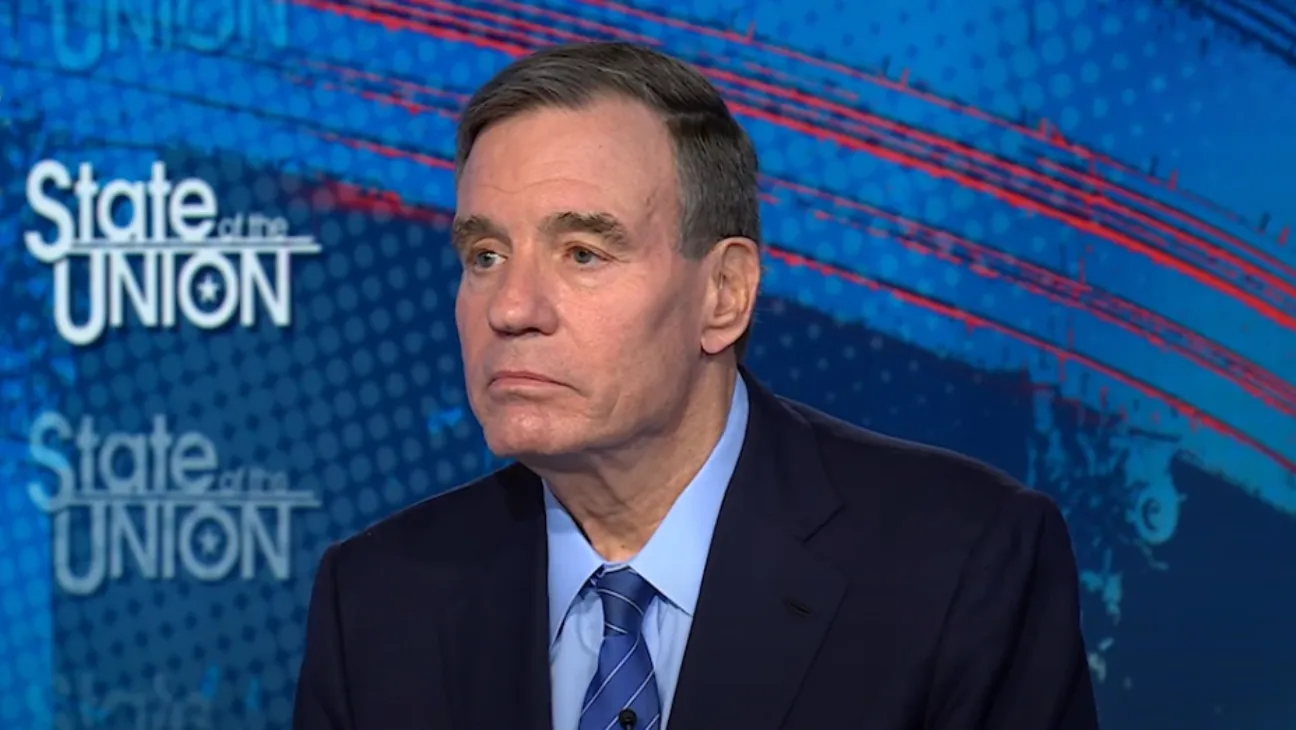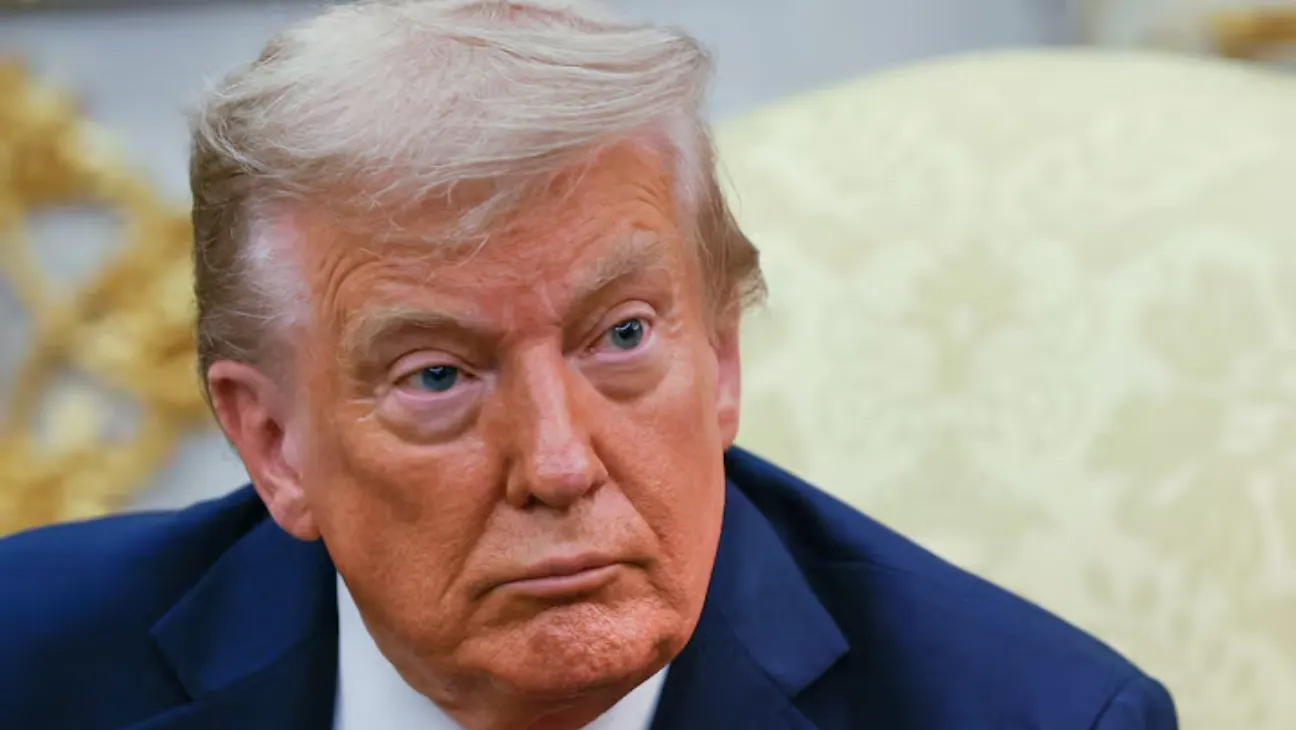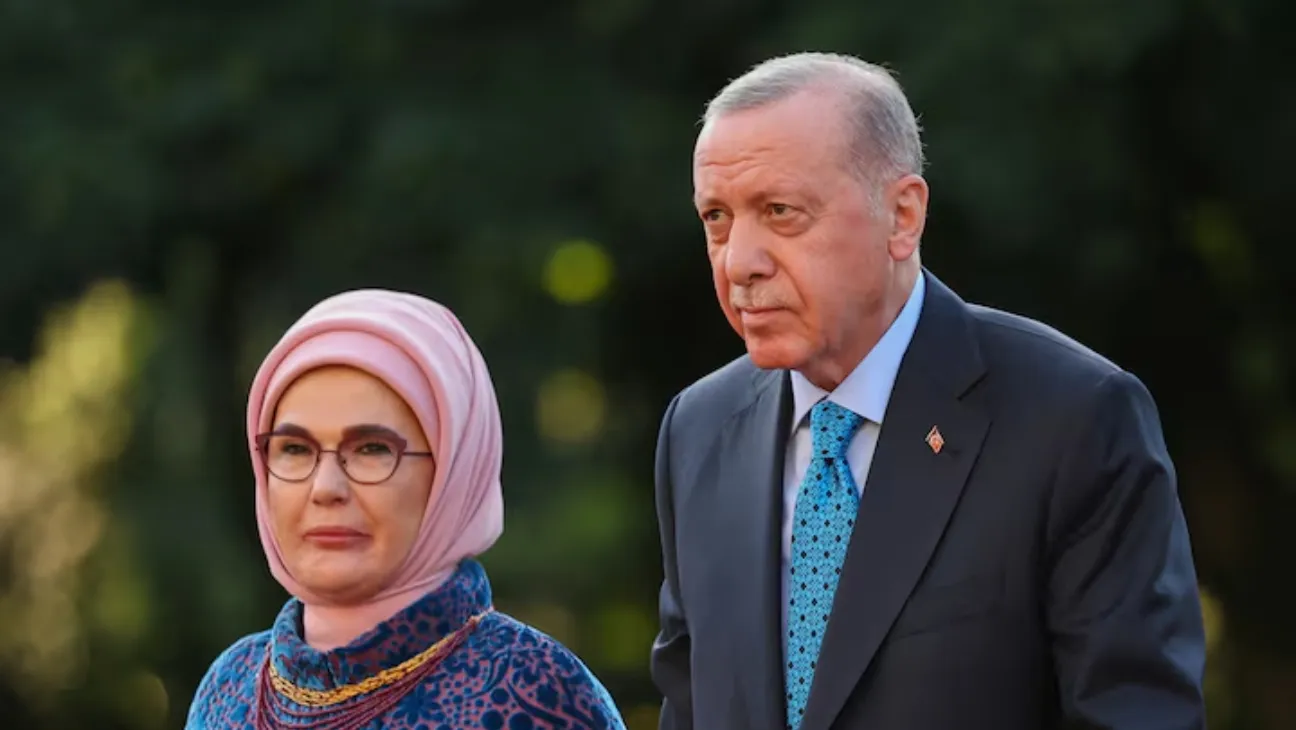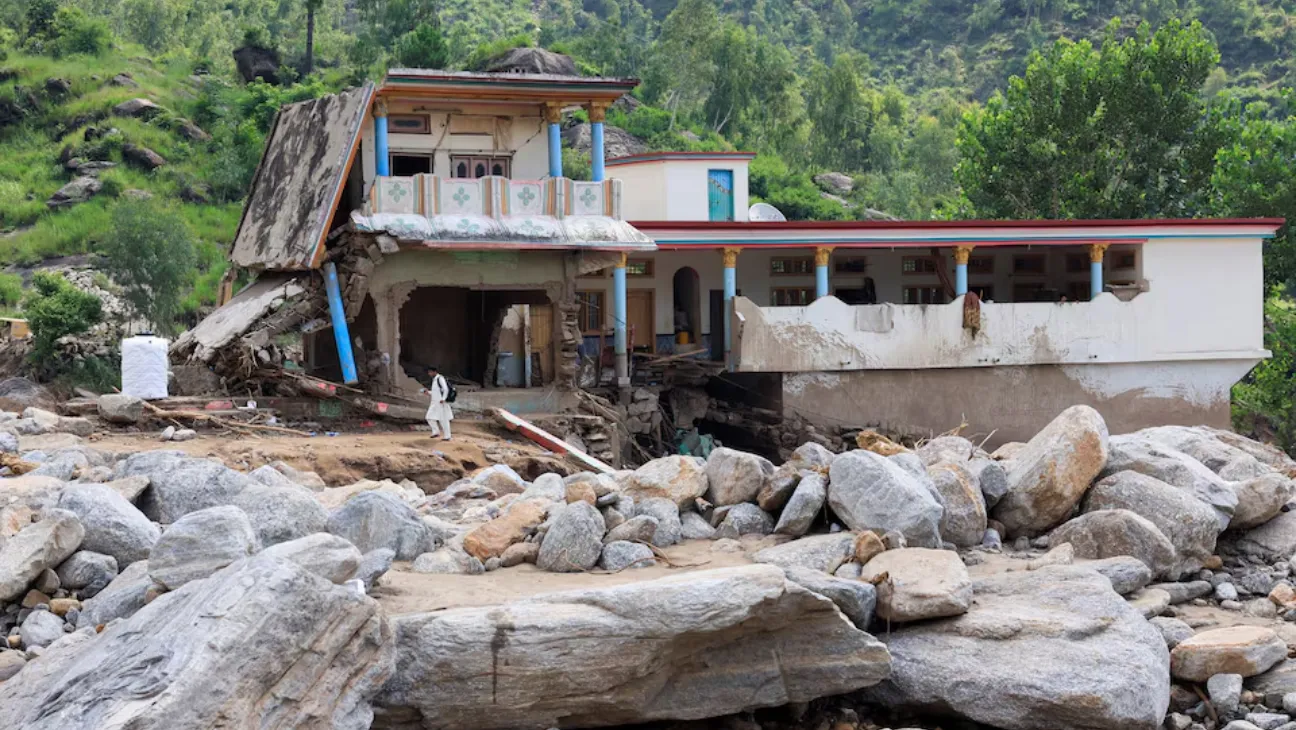Senator Mark Warner (D-Va.) warned Sunday that the United States should not assume Iran’s nuclear program has been fully neutralized following recent airstrikes ordered by former President Donald Trump.
In an interview on CNN’s State of the Union, Warner praised the military for the precision of the operation but raised concerns about the president’s public statements that followed.
“First of all, our military did an extraordinary job,” Warner said. “But when the president goes out on the night of the strikes and says it’s ‘totally obliterated’ — and no data has come back yet — that puts people in a difficult position.”
The senator said it’s possible the attack disrupted Iran’s capabilities, but doubted the program had been fully dismantled. He pointed out that some key assets — particularly enriched uranium stockpiled at the deeply buried Esfahan facility — were likely untouched.
“They didn’t even use bunker buster bombs there,” Warner noted. “It was buried too deep. It couldn’t have been taken out.”
He questioned the administration’s suggestion that none of the enriched uranium had been moved before the attack. Warner declined to discuss classified information but said claims that over 800 pounds of enriched uranium were eliminated were “not credible.”
While the initial outcome of the strike may have contributed to a pause in hostilities, Warner said the long-term implications are uncertain.
“As of today, if there’s no cyber retaliation, if the ceasefire holds between Israel and Iran, and if the program’s been set back, then yes — we’re safer than we were nine days ago,” he said. “But that could change fast.”
His broader concern is whether the administration’s public messaging has created a false sense of security.
“When the president says ‘totally obliterated,’ does he lull the American people into thinking the problem is solved?” Warner asked. “Because it’s not.”
He emphasized that the only way to truly understand the extent of the damage — and the state of Iran’s program — is through international inspection.
“We’ll only know when we get inspectors back on the ground,” he said. “And to do that, we need diplomacy.”
Warner also highlighted the risk of Iran taking a different path to weaponization. He warned about the possibility of a covert attempt to construct a nuclear device that wouldn’t require a missile for delivery.
“Maybe it doesn’t come in a warhead,” he said. “Maybe it shows up in the trunk of a car. Are we ready for that?”
He expressed further concern about the state of U.S. cyber defenses, saying staffing cuts had weakened the country’s ability to respond if Iran were to retaliate digitally.
“This administration cut half the federal cyber workforce,” Warner said. “If Iran goes that route, are we really prepared?”
Still, Warner acknowledged that parts of Iran’s program had been damaged and that this could buy time. But he urged caution against overestimating what was accomplished.
“I’m glad to see some of these capabilities taken out,” he said. “But do we know Iran’s next move? No. And until we do, we shouldn’t act like the threat is gone.”
As the head of the Senate Intelligence Committee, Senator Warner is essentially putting the administration on notice. He’s long been the one demanding more oversight on risky foreign policy moves, and his latest comments show a deep unease spreading through Congress.
This isn’t about saying no to military action altogether. It’s about the growing unease that there’s no long-term plan for Iran. His doubts echo a broader concern in Congress: has anyone really thought through what happens next?









